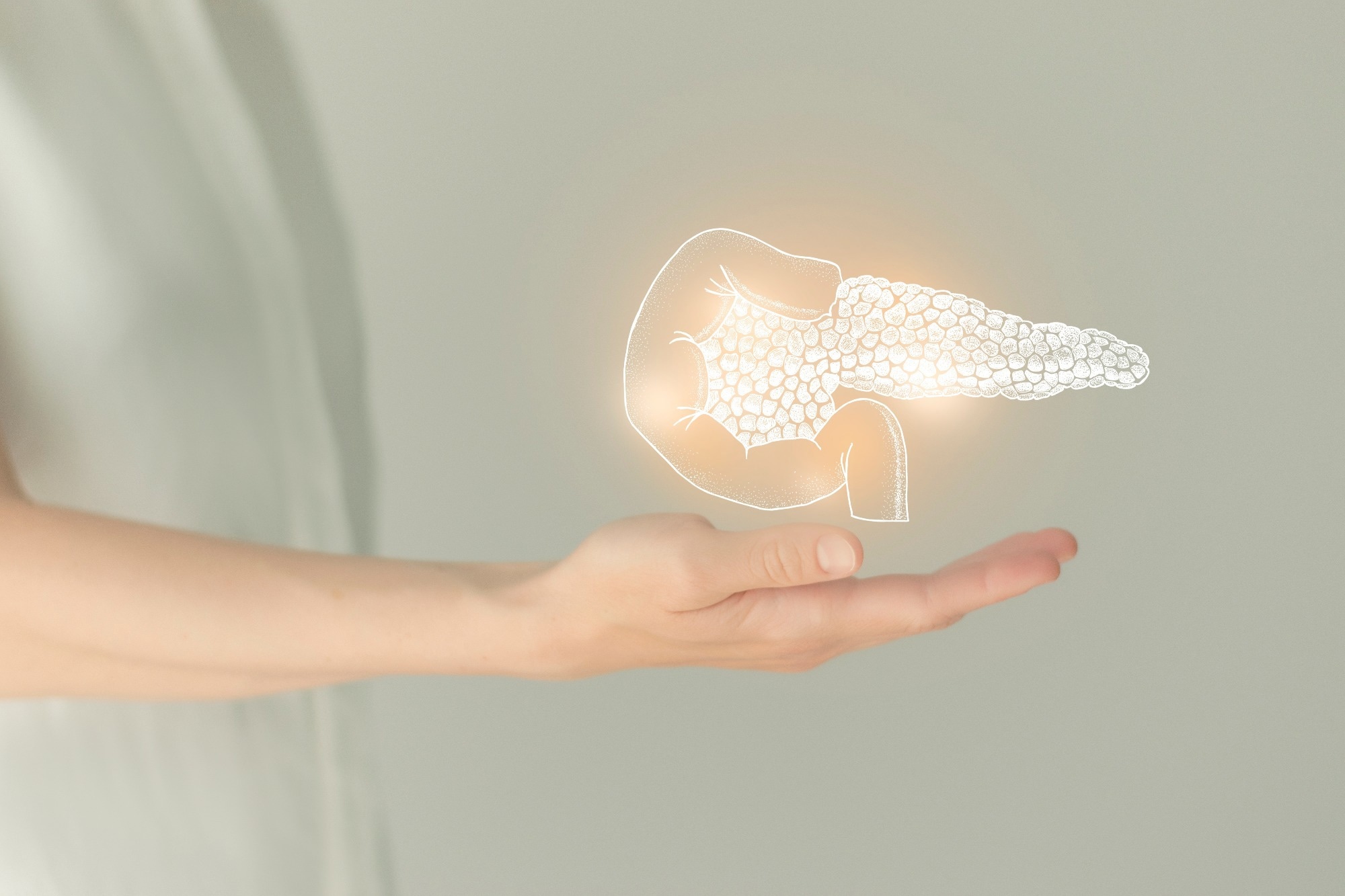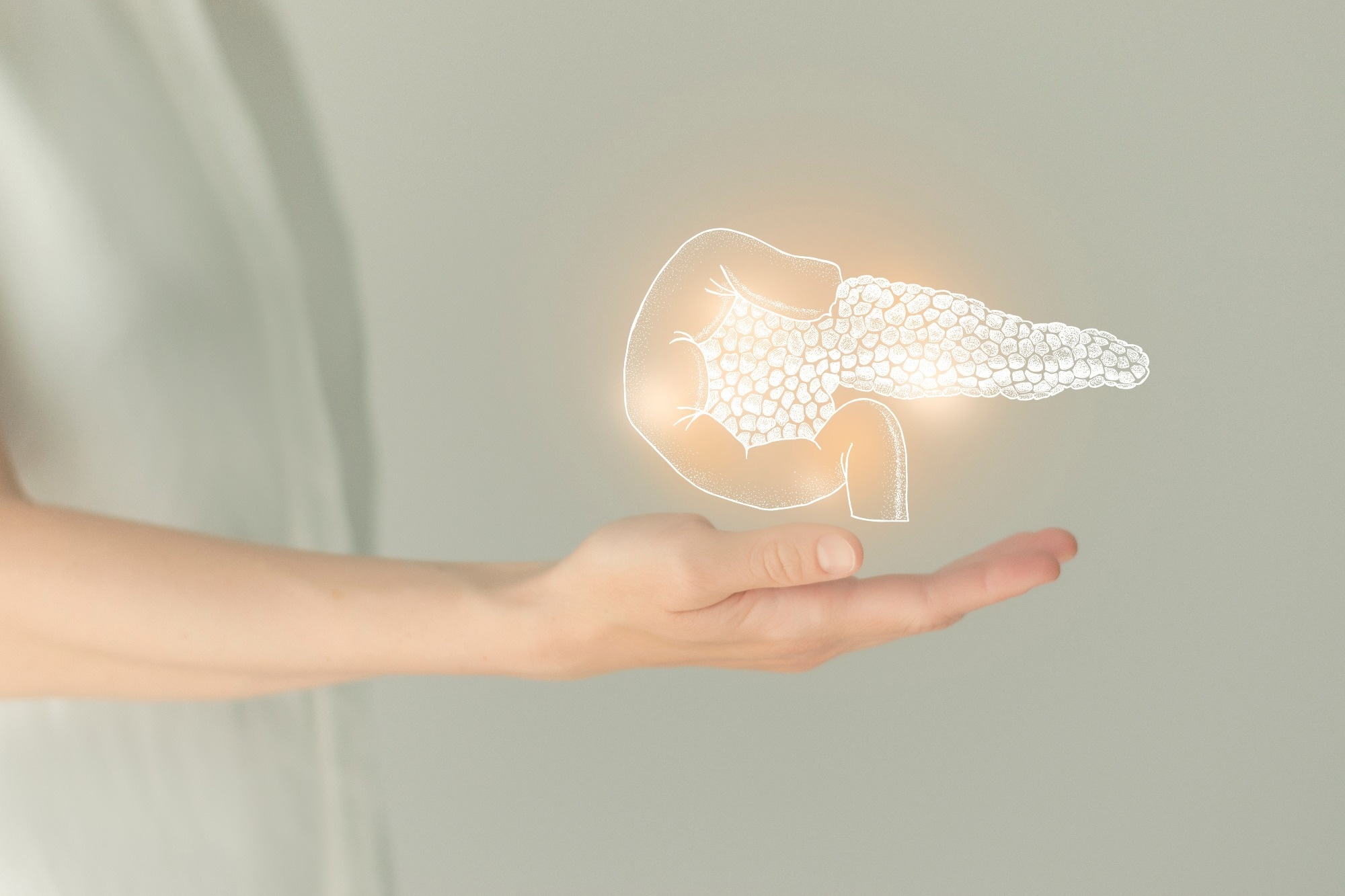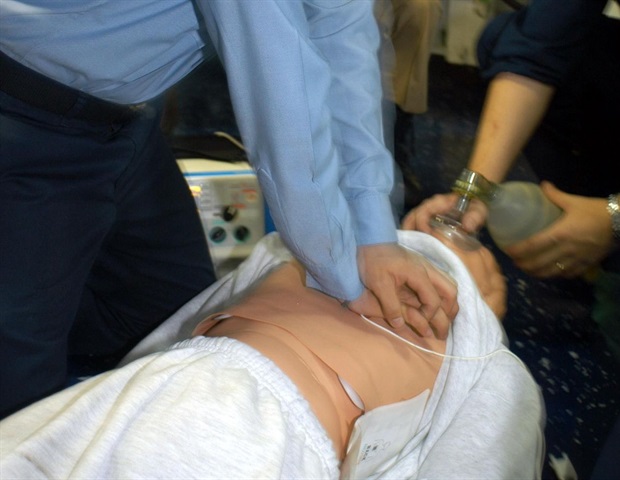In a recent article published in Nature, researchers conducted a phase I clinical trial of a personalized messenger ribonucleic acid (mRNA) neoantigen vaccine based on uridine mRNA–lipoplex nanoparticles.
The study took place among 28 pancreatic ductal adenocarcinomas (PDACs) patients who received surgical treatment at the Memorial Sloan Kettering Cancer Center (MSK) in New York City, United States (US), between December 2019 and August 2021.
 Study: Personalized RNA neoantigen vaccines stimulate T cells in pancreatic cancer. Image Credit: mi_viri/Shutterstock.com
Study: Personalized RNA neoantigen vaccines stimulate T cells in pancreatic cancer. Image Credit: mi_viri/Shutterstock.com
Background
Pancreatic ductal adenocarcinoma (PDAC) is the third leading cause of cancer-related deaths worldwide. With its ever-increasing incidence, less than a five percent response rate to immune checkpoint inhibitors, and 12% survival rate for the last 60 years, PDAC will claim many more lives by 2025.
Another alarming aspect of PDAC is that nearly 90% of patients have disease recurrence within seven to nine months of surgical resection, its only cure, and the five-year overall survival (OS) is 10% or less. In such cases, targeted radiation therapies also fail.
Previous studies predicted that most PDACs harbored fewer neoantigens, partly attributable to their low mutation rate. These mutation-generated proteins mark cancers as foreign, facilitating the infiltration of T cells into PDACs.
Thus, there is a need for novel strategies that could effectively deliver multiple neoantigens to induce neoantigen-specific T cells and improve patient outcomes, e.g., eliminate micrometastases and delay recurrence.
In this regard, mRNA technology-based personalized vaccines could prove very useful. They effectively delivered multiple neoantigens in clinical-stage formulations and were easily embedded within a routine oncologic workflow.
About the study
In the present study, researchers sequentially administered atezolizumab, autogene cevumeran, and mFOLFIRINOX in 28 PDAC patients who underwent surgery to quantify how each immunotherapy modulated their neoantigen-specific T cells.
The researchers set benchmarked times to initiate these three therapies post-surgery. They administered a single 1,200 mg intravenous dose of atezolizumab on week six.
For eligible patients, they administered nine 25 µg intravenous doses of autogene cevumeran between weeks nine and 46. Of these, the first seven were weekly priming doses, and the ninth was a booster. Finally, they administered 12 cycles of mFOLFIRINOX by the start of week 21.
The primary and secondary endpoints were safety, and 18-month recurrence-free survival (RFS) & 18-month OS, respectively. The team analyzed the former in a safety-evaluable cohort and correlated immune response to RFS in a biomarker-evaluable cohort.
Further, the team used an ex vivo interferon-gamma (IFNγ) ELISpot assay to measure high-magnitude T-cell responses induced by autogene cevumeran without delineating CD8+ from CD4+ responses.
Additionally, they used CloneTrack, a new mathematical immunological method based on T cell receptor (TCR) Vβ sequencing, to probe the diversity and specificity of autogene-cevumeran-expanded T cell clones.
Finally, the researchers used single-cell RNA sequencing to study the phenotype and functionality of T cells induced by autogenous-cerumen therapy.
Results
Of all 19 patients treated with atezolizumab, 16 subsequently received autogene cevumeran, and 15 also received mFOLFIRINOX. The researchers presented preliminary evidence that adjuvant autogene cevumeran, a personalized neoantigen vaccine used along with atezolizumab adjuvant and mFOLFIRINOX, had a favorable safety profile.
Additionally, it induced substantial neoantigen-specific T cell activity in 50% of patients with surgically resected PDAC implicated with delayed recurrence.
Moreover, these neoantigen-specific T cells were durable and lasted up to two years despite mFOLFIRINOX treatment. Even recognized prognostic variables, such as margin-positive disease, did not confound the association of vaccine response to late tumor recurrence.
The induction of high-magnitude T-cell responses highlighted the need for biomarkers to help identify optimal patients and tumors for this immunomodulating therapy.
Since high-magnitude T-cell responses contributed to a favorable clinical outcome, many more researchers are pursuing strategies to ensure further refinement of high-magnitude T-cell responses.
For instance, they are attempting the optimization of mRNA vaccine potency and extending the neoantigen discovery space to encompass single nucleotide variations (SNVs).
Furthermore, in this trial, responders and non-responders had comparable numbers of vaccine neoantigens drawn from a similar count of tumor mutations. However, tumors in responders were more clonal similar to tumors seen in long-term survivors of PDACs.
Based on this finding, the authors speculated that the immune system readily recognizes a more clonal primary tumor to respond to a vaccine.
The link between neoantigen quality and immunogenic vaccine neoantigens highlighted those select neoantigens likely possessed higher immunogenic qualities desirable for vaccines.
Thus, future studies should investigate whether tumor clonality and neoantigen quality could be the biomarkers of the response of personalized vaccine modalities. In addition, the authors proposed that these vaccines should be tested in patients with minimal residual disease because vaccine effectiveness requires an optimally working immune system.
Conclusions
The present study demonstrated that in a short span of nine weeks, it is feasible to personalize mRNA neoantigen vaccines for PDAC patients evaluated in this study and fully integrate them into the clinical oncological workflow following complex oncologic surgery.
Future studies should assess these vaccines with a faster time to adjuvant mFOLFIRINOX and across a diverse population of PDAC patients.
Based on experience with mRNA-based SARS-CoV-2 vaccines, enabling more rapid personalized cancer vaccination and chemotherapy seems possible, and so does reducing manufacturing time for these vaccines.














;Resize=(1200,627)&impolicy=perceptual&quality=medium&hash=19a1eadf4b45770e728db68b11d0f4159b89dd89213c77aba3fda60ad42e6643)
